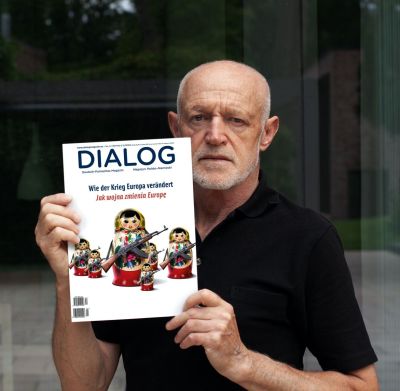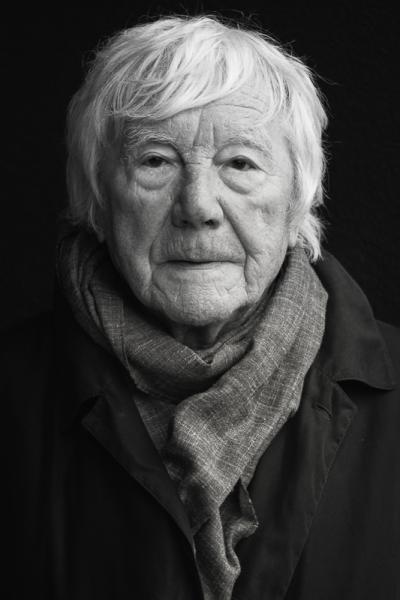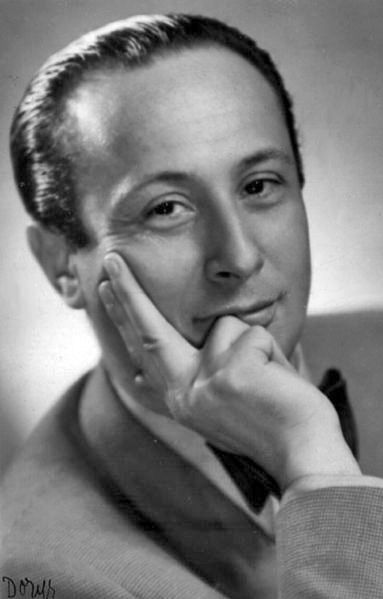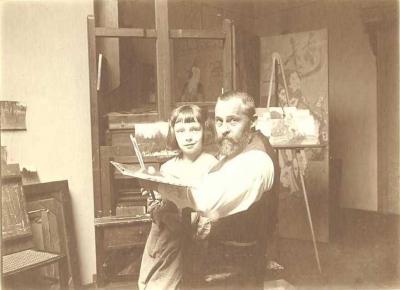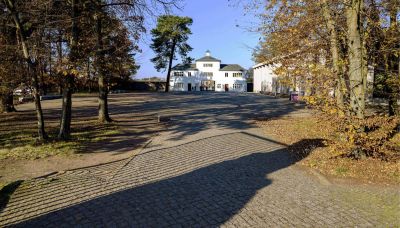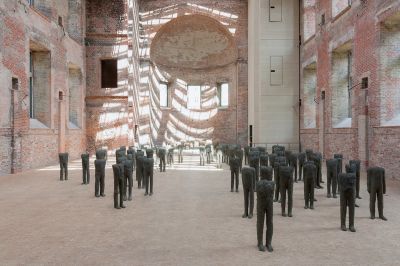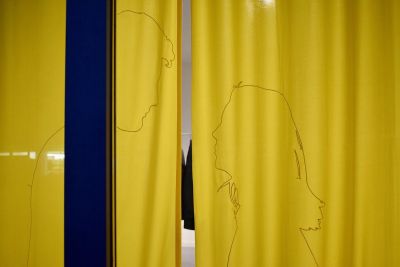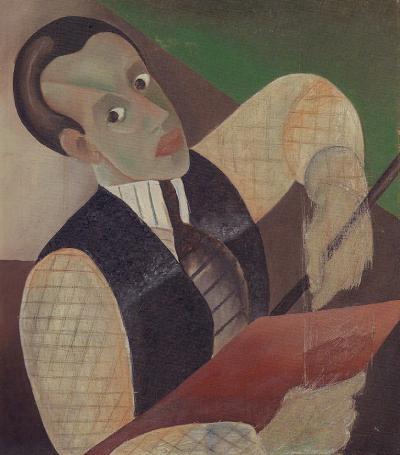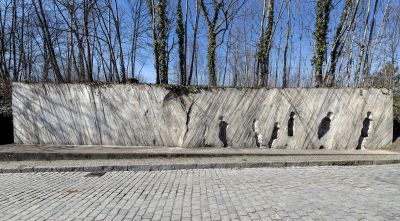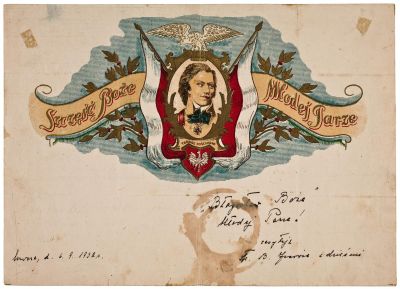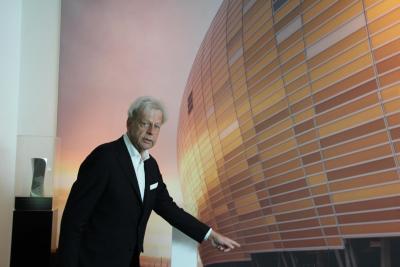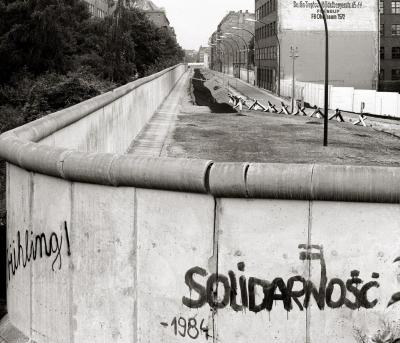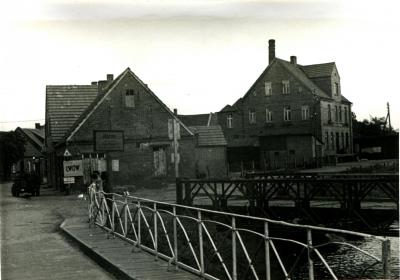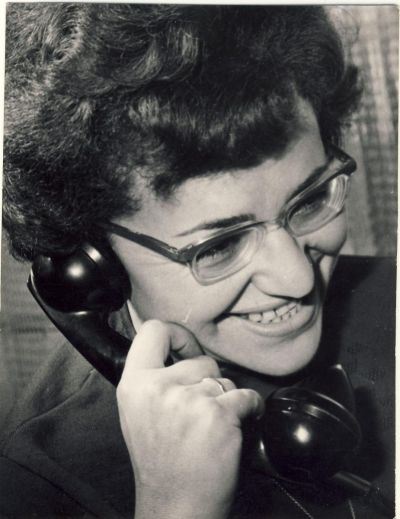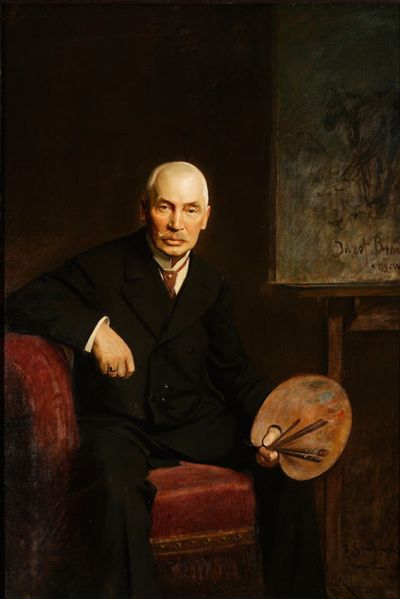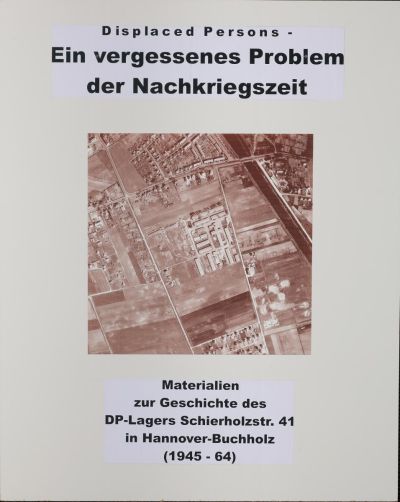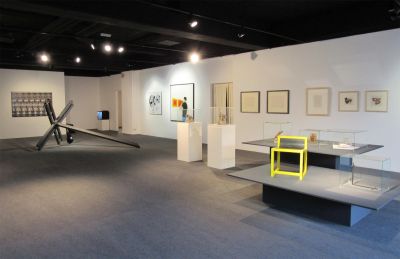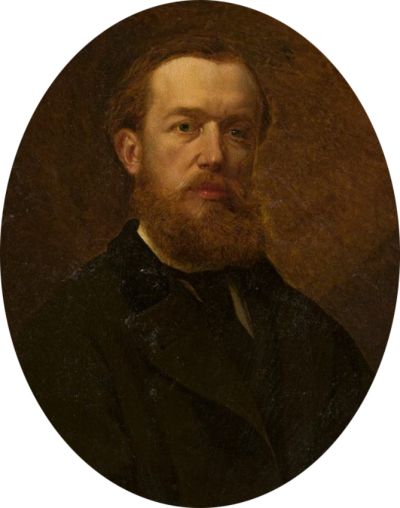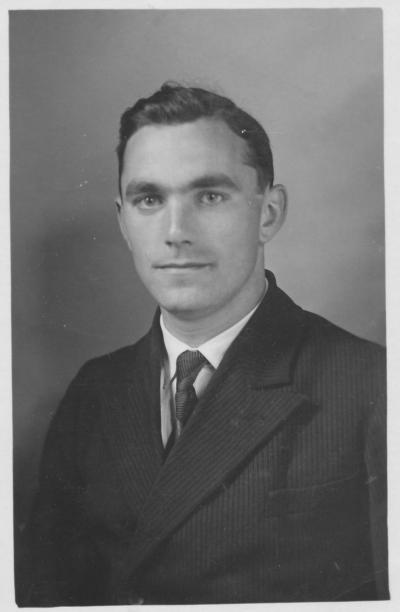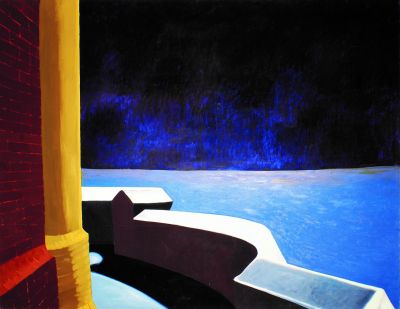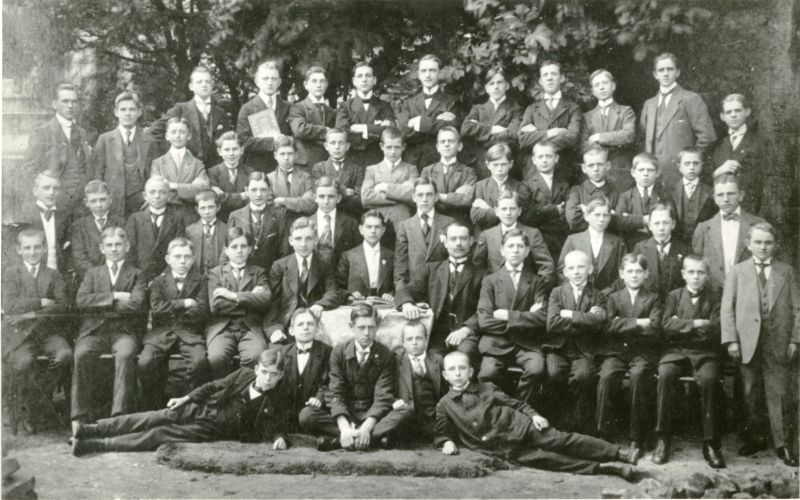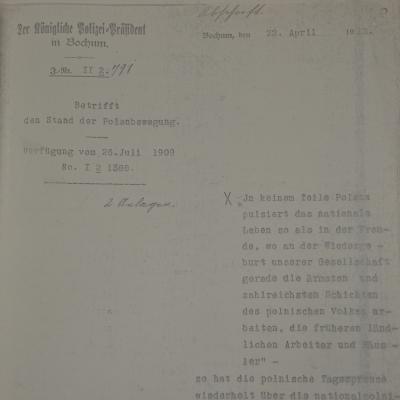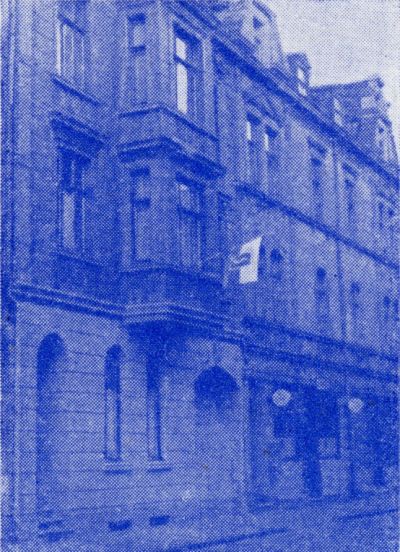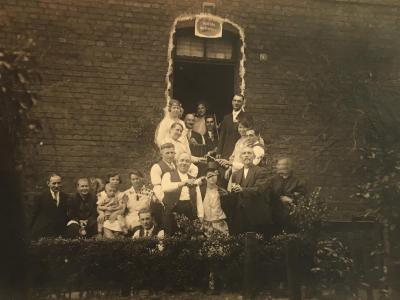The Ruhr Poles
Mediathek Sorted
-
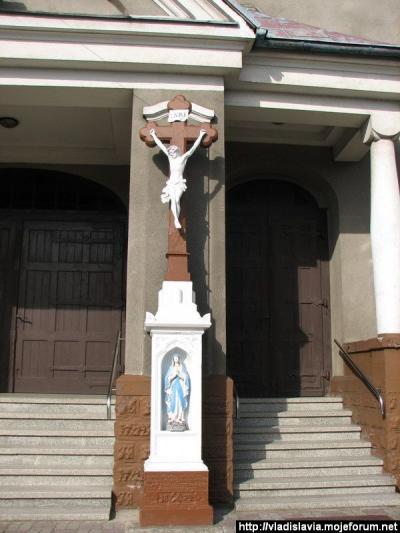
-
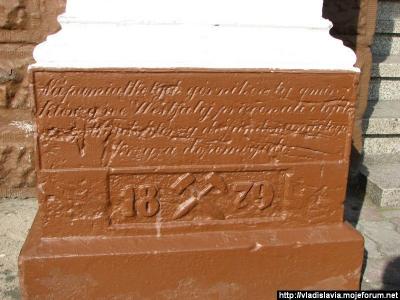
-
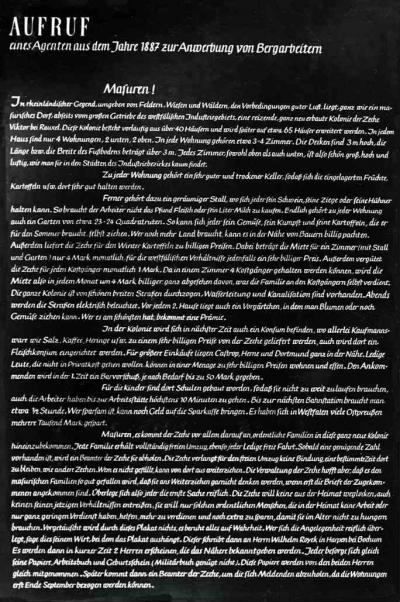
-
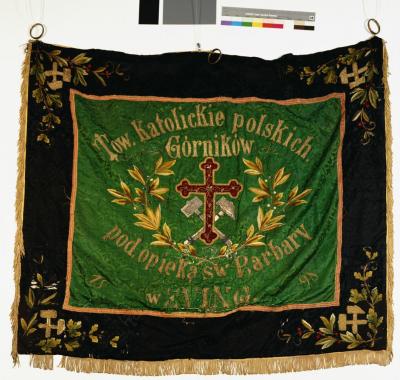
-
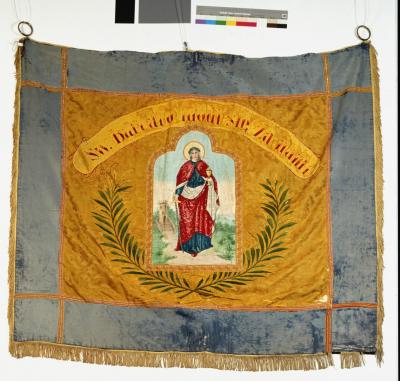
-
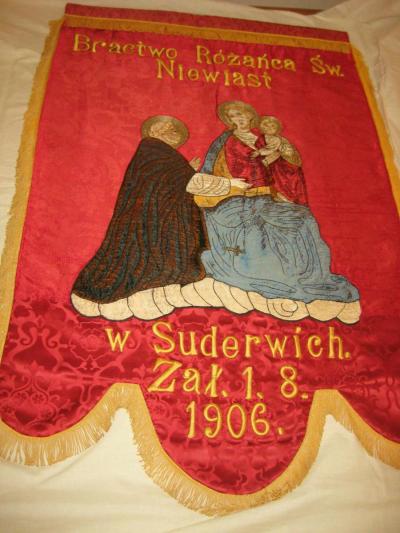
-
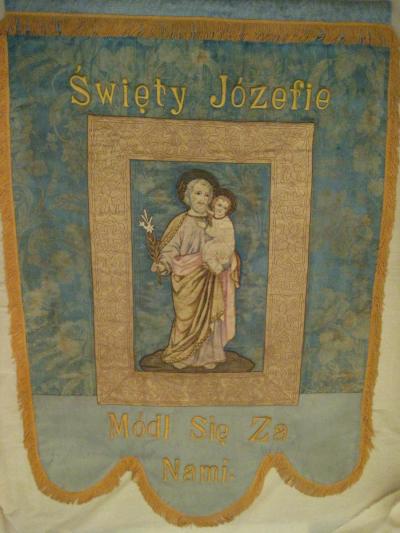
-
![Flag of the Mickiewicz Choral Society from Oberhausen 1898, front Flag of the Mickiewicz Choral Society from Oberhausen 1898, front - Flag of the choral society "Mickiewicz" from Oberhausen, founded on 30 May 1898, inscription on the back: "Cześć Pieśni" [honour to the song]](/sites/default/files/styles/width_100_tiles/public/assets/images/gesangverein_mickiewicz_fahne_2.jpg?itok=XgzeW2hv)
-
![Flag of the Mickiewicz Choral Society from Oberhausen 1898, reverse Flag of the Mickiewicz Choral Society from Oberhausen 1898, reverse - Flag of the choral society "Mickiewicz" from Oberhausen, founded on 30 May 1898, inscription on the back: "Cześć Pieśni" [honour to the song]](/sites/default/files/styles/width_100_tiles/public/assets/images/gesangverein_mickiewicz_fahne_1.jpg?itok=z2SaZxxf)
-

-

-
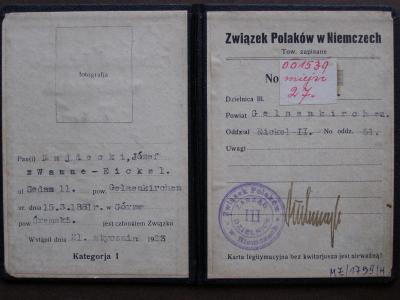
-
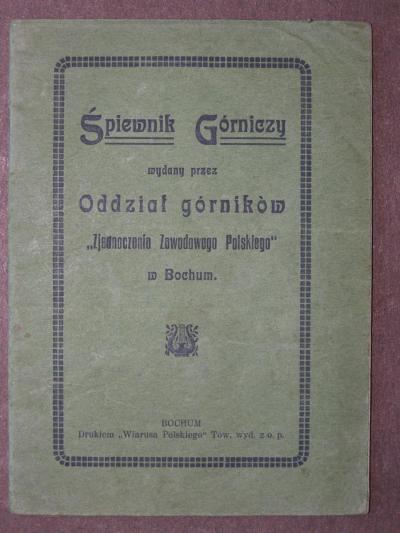
-
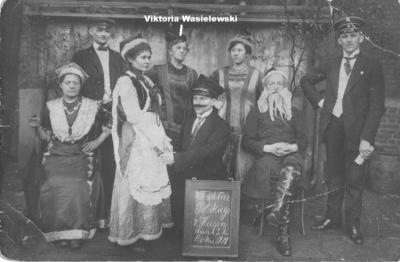
-
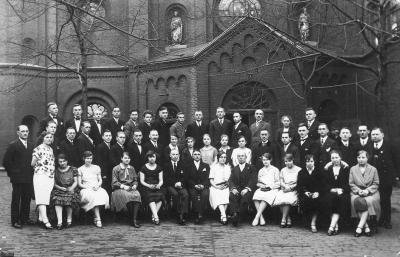
-
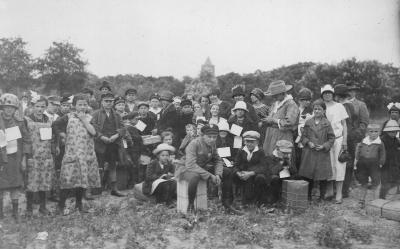
-
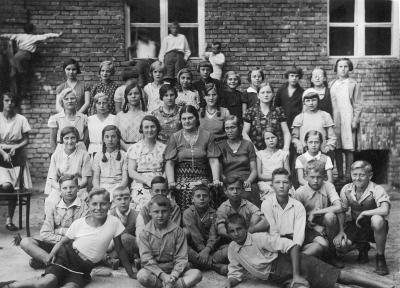
-
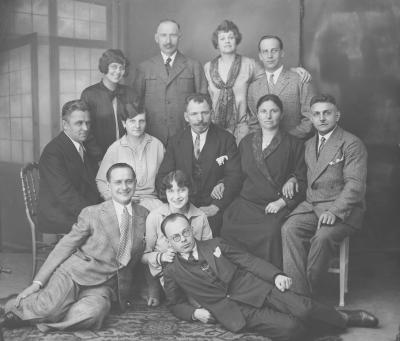
-
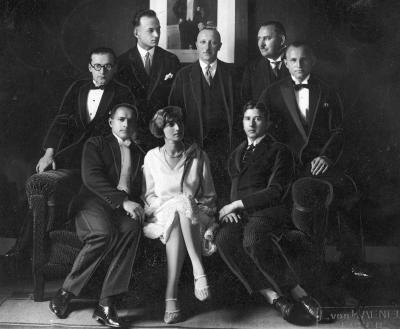
-
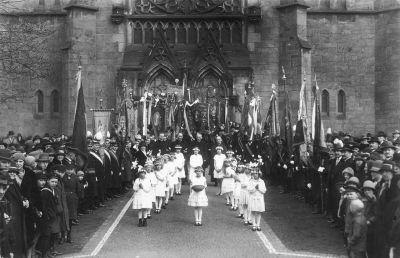
-
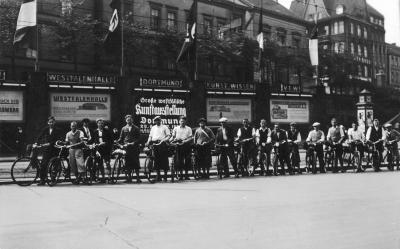
-
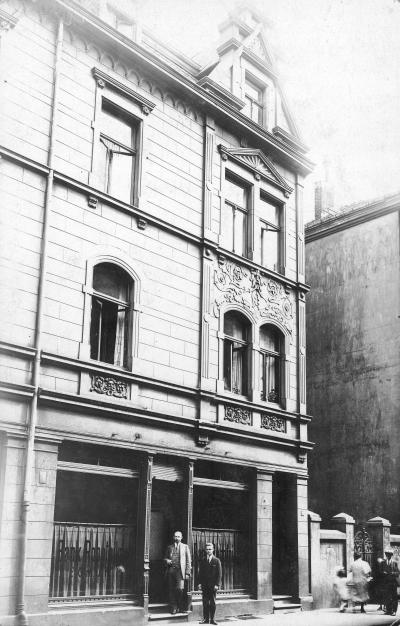
-
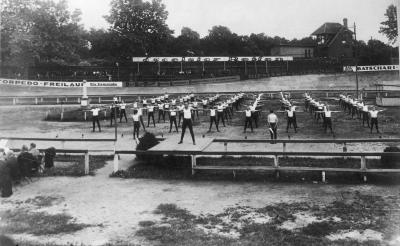
-
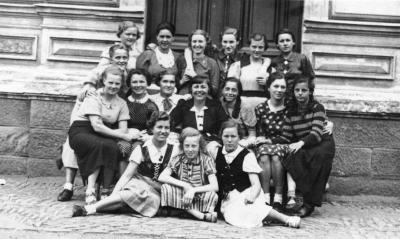
-
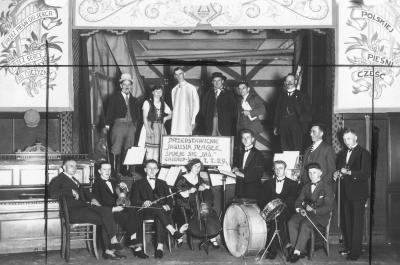
-
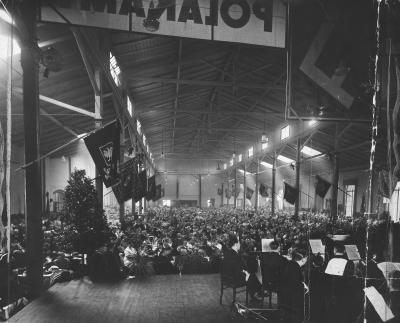
-
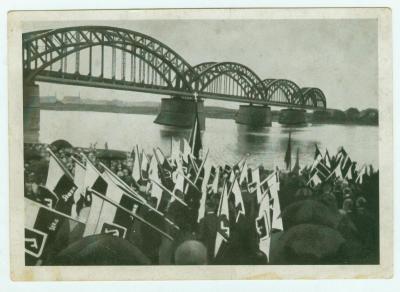
-
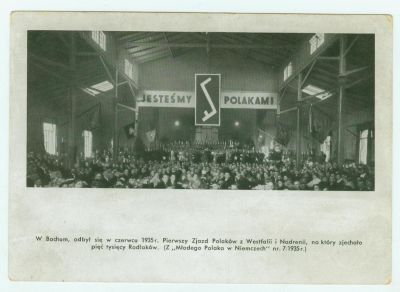
-
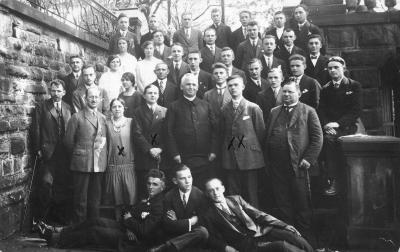
-

Die „Ruhrpolen“ - Hörspiel von "COSMO Radio po polsku" auf Deutsch

Remigration to a restored Poland - successful reintegration and disenchantment
After the end of the war in 1918 when a Polish state was re-established, processes of repatriation began to take place in the now almost entirely Polish homeland of the Ruhr Poles. These processes involved about a quarter of the Polish population who had emigrated to the Rhine and Ruhr in the previous decades, i.e. roughly 150,000 people. Driven by the general euphoria, many returnees gave up their jobs and their homes. The problem was that many people were unaware of the actual situation in the newly emerging Polish state and often placed far too much reliance on the promises of national Polish activists who, in previous decades, had raised hopes of an economically prosperous Poland in which Ruhr Poles who returned home would play a leading role. The reality was often starkly different: many Ruhr Poles found themselves facing not only unemployment and housing shortages, but also a hostile response from the local population, not to speak of immigrants from other parts of the country, who saw the returnees from the Rhine and Ruhr as competitors for scarce jobs and housing. The Polish government was well aware of the existing problems and tried, among other things through the consulate in Essen, to control and contain the number of returnees, not least in order to create a counterweight to the now large minority of Germans in Poland. The Ruhr Poles became a pawn in major politics.[45]
Indeed, news about the situation in Poland, information meetings and feedback from returnees among family members, acquaintances and neighbours on the Rhine and Ruhr led to an abatement in return movements.[46] To return to Poland or to stay in Germany? In order to steer the problem into regulated, internationally accepted channels and offer potential returnees legal security, it was decided to introduce an option procedure. Articles 91 and 278 of the Treaty of Versailles laid down the legal basis for options and citizenship. The option was set to expire on 22.01.1922.[47] If Ruhr Poles opted to return to Poland, they were given twelve months to leave Germany, after which they could be expelled. Personal possessions could be transported across the border duty-free, and they could also retain their property. Persons who failed to make use of an option to which they were entitled, and decided to remain in Germany became German citizens by omission. However, if they returned to Poland and became Polish citizens without taking up the option, they would lose their guaranteed rights, including their right to a pension.[48] Due to the absence of files in the consulate in Essen, it is difficult to reconstruct how many people made use of their option right, but estimates suggest that this was no more than 75,000 people - i.e. option holders plus family members.[49]
Frequently, the driving force behind their decision to return was a Polish national consciousness developed in the Ruhr area. But this was by no means enough to ensure a successful and sustainable return to Poland. Based on the analysis of concrete examples, it is possible to specify the following necessary factors, which also had to be fulfilled: 1. economic independence, i.e. the returnees were financially secured by savings at least in the initial years after emigrating to Poland; 2. real estate ownership, i.e. the returnees owned a house and/or a farm through purchase or inheritance and were not dependent on receiving municipal housing; 3. Self-employment, for example through the ownership of arable land or livestock and/or (simultaneous) employment in a colliery (in Upper Silesia) or industrial enterprise, in trade/crafts or as a state employee (e.g. with the police); 4. Existing networks, i.e. family structures or neighbours, that provided support and protection. If one or even several of these factors were absent, their previously developed national consciousness might be eradicated by unemployment and a drift into poverty. In extreme cases, this could lead them to return to West Germany and, in some cases, to further migration to industrial areas in Belgium, France or the Netherlands. On occasions the general disillusionment with the situation in Poland resulted in bitter letters to former neighbours on the Rhine and Ruhr: "Oh, if only it were possible for me to return to Cologne. I can't stop thinking about Cologne and would like to pack all our things, because it is much better there [...] So if you want a piece of advice, stay there with your family, keep your job and stop being such a committed Pole like many others were, because the Poles here don' t care about any of that [...] Here everyone is running around in misery, they were also mistaken about this Poland [...]."[51]
[45] Piotrowski, Mirosław: Reemigracja Polaków z Niemiec 1918–1939, Lublin 2000, pp. 134–137 and 169–170.
[46] Ibid, p. 118.
[47] Ibid, p. 8–9.
[48] Ibid, pp. 117–118 and 297–298.
[49] Ibid, p. 293.
[50] Skrabania: Keine Polen?, p. 176.
[51] Quoted from: Piotrowski: Reemigracja, p. 203 [German translation: David Skrabania].





